Best movies about journalism
Step into the thrilling world of investigative reporting and media ethics with our list of top journalism movies. These films capture the dedication, danger, and crucial role of the press in uncovering the truth.



The world of journalism, often messy and dangerous, has provided fertile ground for some of cinema's most compelling narratives. Films centered on reporters and newsrooms frequently delve into high-stakes investigations, ethical quandaries, and the relentless pursuit of facts against powerful opposition. You see the dedication required, the long hours, and the moral lines reporters sometimes walk.
Think about the impact of films like "All the President's Men," which dramatized the Watergate scandal and solidified the image of determined journalists holding power accountable. Or "Spotlight," which brought the meticulous, collaborative process of investigative journalism to the forefront, earning a Best Picture Oscar. These stories often highlight the essential role of a free press in a democratic society, showcasing the courage it takes to challenge corruption and reveal hidden truths.
Beyond the headline-grabbing investigations, some films explore the personal toll, the evolution of the media landscape, or even the occasional rock-and-roll tour bus ("Almost Famous" offering a different, yet still insightful, take on the reporting life). Whether they focus on historical events like Edward R. Murrow's stand against McCarthyism in "Good Night, and Good Luck." or fictionalized accounts of media moguls like "Citizen Kane," these movies offer a captivating look inside a profession dedicated to informing the public, often at significant personal risk. They remind us why good journalism matters.
14. Page One: Inside the New York Times (2011)
This documentary offers an inside look at the New York Times newsroom during a period of significant change for the newspaper industry. Page One follows prominent Times journalists and media desk writers as they grapple with the challenges posed by the digital age, the rise of new media, and the economic pressures facing traditional newspapers. It's a fascinating, fly-on-the-wall perspective on how a major news organization operates, debates stories, and tries to adapt in a rapidly evolving media landscape.

13. Almost Famous (2000)
Cameron Crowe's semi-autobiographical film, Almost Famous, follows a teenage aspiring rock journalist (Patrick Fugit) who gets the chance to tour with a fictional band in the early 1970s for a Rolling Stone article. While perhaps lighter in tone than other films on this list, it captures the excitement of getting your first big break in journalism, the challenges of maintaining objectivity while becoming immersed in a world, and the process of finding your voice as a writer. It's a warm, nostalgic look at music journalism and coming-of-age.
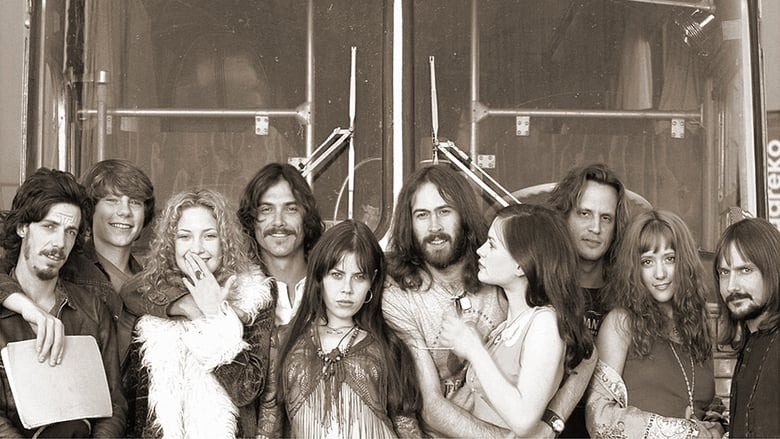
12. The Killing Fields (1984)
The Killing Fields is a powerful and harrowing film based on the experiences of New York Times journalist Sydney Schanberg and Dith Pran, his Cambodian assistant, during the Khmer Rouge takeover. While it expands beyond traditional journalism into a survival story, the film starkly depicts the dangers faced by reporters covering brutal conflicts and the deep bonds formed in such circumstances. It highlights the courage required to report from war zones and the devastating human cost of political upheaval, seen through the eyes of those trying to tell the story.

11. Zodiac (2007)
David Fincher's meticulous procedural, Zodiac, follows the hunt for the notorious Zodiac Killer in the late 1960s and 1970s. While the primary focus is on the investigators, the film also prominently features the role of journalists (Jake Gyllenhaal as Robert Graysmith, a cartoonist turned amateur detective, and Mark Ruffalo as Paul Avery, a crime reporter) at the San Francisco Chronicle who become deeply involved in the case. It shows how journalists can become consumed by a story, the risks involved, and their crucial role in communicating with both the public and the killer himself.

10. State of Play (2009)
This thriller plunges a newspaper journalist (Russell Crowe) into a dangerous conspiracy when a congressman's mistress is murdered. State of Play explores the intersection of politics, corporate power, and investigative reporting. As the journalist digs deeper, he finds himself entangled in a web of secrets that goes right to the top. The film touches upon the changing landscape of journalism, including the role of online media, while delivering a twisty, engaging mystery centered on uncovering the truth.
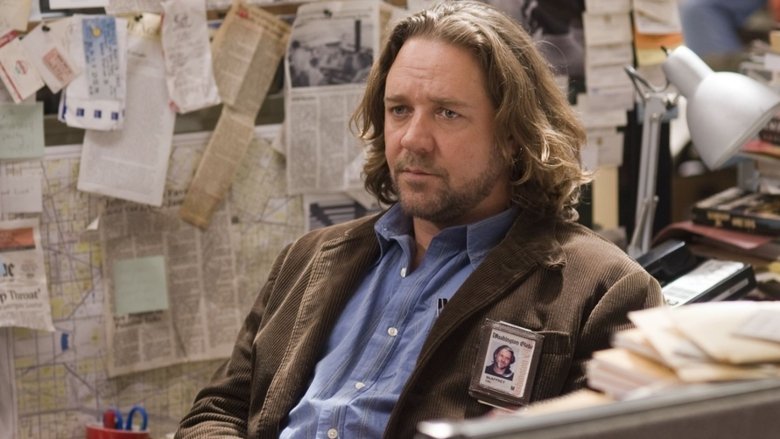
9. Frost/Nixon (2008)
While primarily focused on the historic interviews between British journalist David Frost and former President Richard Nixon, Frost/Nixon offers a fascinating look at the preparation, strategy, and performance involved in high-stakes television journalism. Michael Sheen plays Frost, initially seen by some as a lightweight entertainer, who prepares rigorously to challenge Nixon (Frank Langella) on his past actions, particularly Watergate. The film highlights the journalist's role in holding power accountable, even when facing a formidable and evasive subject.

8. Shattered Glass (2003)
Shattered Glass recounts the true and cautionary tale of Stephen Glass, a young journalist working for The New Republic magazine who fabricated numerous stories. Hayden Christensen portrays Glass with a disquieting blend of charm and deception, while Peter Sarsgaard plays his editor, Chuck Lane, who uncovers the fraud. The film serves as a stark reminder of the importance of fact-checking and the devastating consequences of journalistic dishonesty, offering a look at the internal pressures and ethical lapses that can occur within the profession.
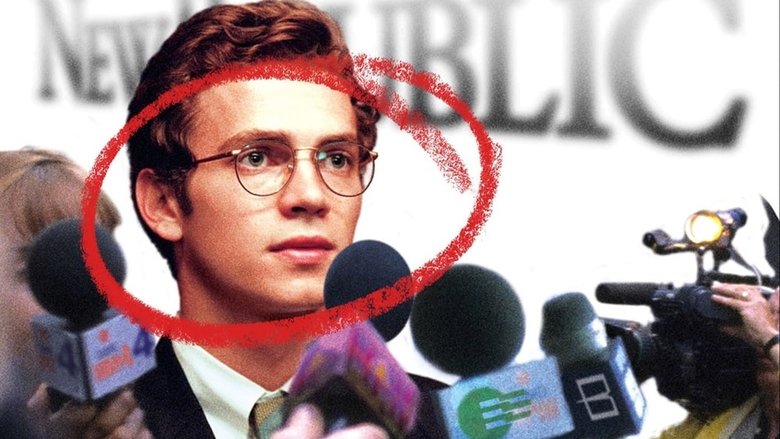
7. The Insider (1999)
Michael Mann's intense drama, The Insider, centers on the true story of a segment produced for the CBS news program '60 Minutes.' Al Pacino plays Lowell Bergman, a producer who helps a former tobacco executive, Jeffrey Wigand (Russell Crowe), blow the whistle on the tobacco industry. The film delves into the ethical tightropes walked by journalists, the pressures from corporate interests, and the personal toll taken when pursuing a major story. It's a tense, detailed look at the challenges of airing controversial truths on television.

6. Citizen Kane (1941)
Often hailed as one of the greatest films ever made, Orson Welles' Citizen Kane uses the framework of a journalistic investigation to unravel the complex life of Charles Foster Kane, a wealthy and powerful newspaper magnate. A reporter is tasked with discovering the meaning of Kane's dying word, 'Rosebud.' While not strictly about the day-to-day of reporting, the film explores the power and influence of the press, the nature of truth, and the difficulty of truly knowing another person, all through a groundbreaking narrative structure and innovative cinematography.

5. Good Night, and Good Luck. (2005)
George Clooney's stylish and sharp drama, Good Night, and Good Luck., takes us back to the 1950s and the showdown between legendary journalist Edward R. Murrow and Senator Joseph McCarthy. Filmed in striking black and white, the movie focuses on Murrow and his team at CBS News as they use their platform to challenge McCarthy's anti-communist witch hunt. It's a film about journalistic integrity, standing up to power, and the responsibility of broadcasters in shaping public discourse. David Strathairn delivers a nuanced performance as Murrow, capturing the weight of his ethical fight.
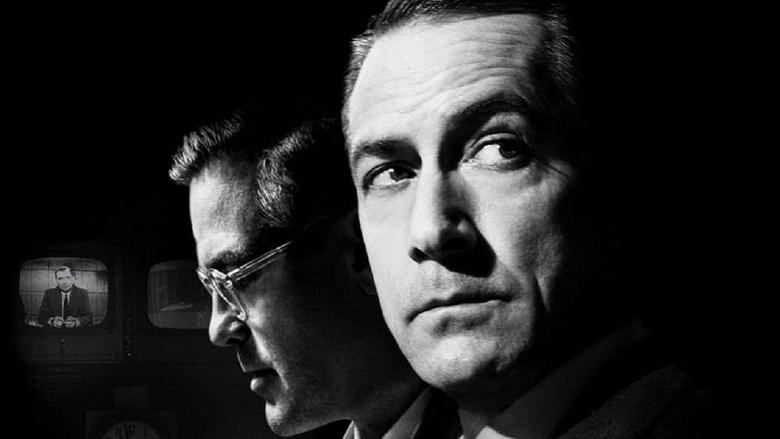
4. The Post (2017)
Steven Spielberg directs this compelling drama about the Washington Post's decision to publish the Pentagon Papers in 1971. The Post puts Katharine Graham (Meryl Streep), the paper's publisher, and Ben Bradlee (Tom Hanks), its editor, at the center of a high-stakes battle between the press and the government. The film captures the urgency and the immense pressure faced by the Post team as they race against time and legal threats to expose classified information about the Vietnam War. It's a powerful story about courage, the role of a free press, and finding your voice under pressure.

3. Network (1976)
Paddy Chayefsky's biting satire, Network, feels eerily prophetic decades after its release. This film skewers the television news industry, depicting a world where ratings and sensationalism trump journalistic integrity. Featuring iconic performances, including Peter Finch as the unhinged anchorman Howard Beale who famously declares, 'I'm as mad as hell, and I'm not going to take this anymore!', the movie is a scathing critique of media manipulation and the blurring lines between news and entertainment. It's a wild, theatrical ride that remains incredibly relevant in discussing the state of media today.
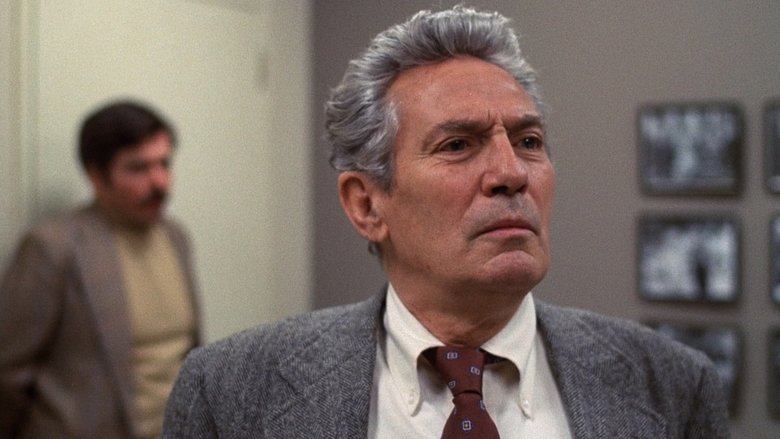
2. All the President's Men (1976)
A cornerstone of journalism cinema, All the President's Men plunges viewers into the heart of the Watergate scandal through the eyes of Bob Woodward and Carl Bernstein, the two Washington Post reporters who broke the story. Starring Robert Redford and Dustin Hoffman, the film is a masterclass in building tension through process. It shows the legwork – the knocking on doors, the cryptic meetings with sources (like 'Deep Throat,' famously played by Hal Holbrook), and the tireless effort to connect the dots. It’s not just a political thriller; it’s an enduring depiction of how diligent, shoe-leather reporting can change history.
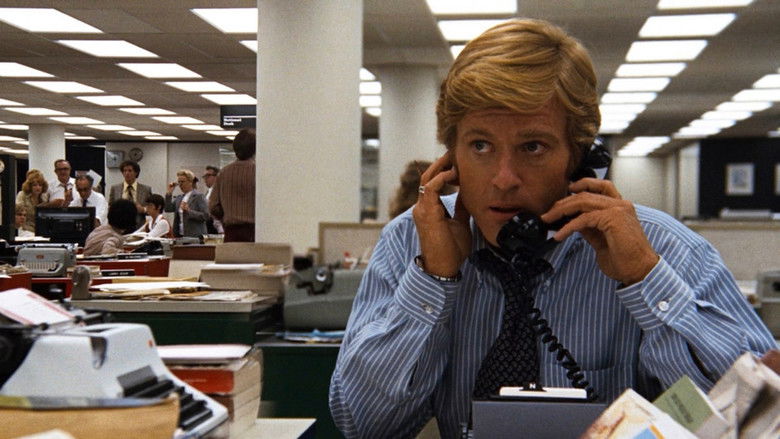
1. Spotlight (2015)
Winner of the Academy Award for Best Picture, Spotlight offers a gripping and realistic portrayal of investigative journalism at its finest. The film chronicles the true story of the Boston Globe's 'Spotlight' team as they uncover a massive child abuse scandal within the local Catholic Archdiocese. Directed by Tom McCarthy, the movie meticulously details the painstaking process of reporting – the interviews, the digging through archives, the ethical dilemmas, and the sheer persistence required to bring powerful institutions to account. It's a powerful testament to the importance of a free press and the dedication of journalists who pursue truth, even when facing immense pressure.

